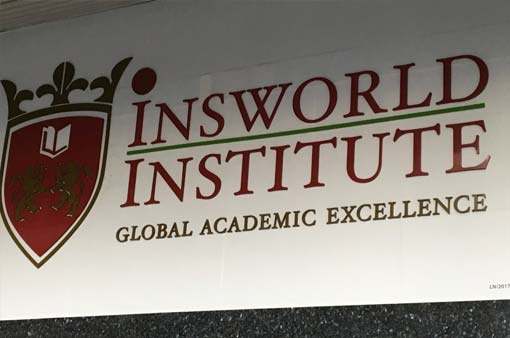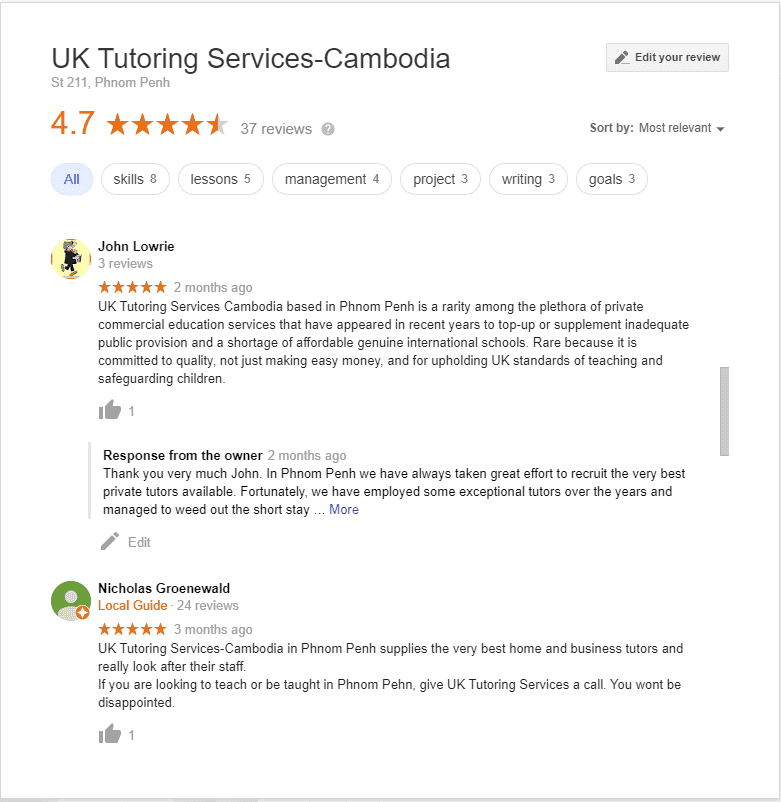


“Unusual sight in Cambodia of adults and children learning together. Human rights in 2003..
When 56 year old Hem Sinath failed her 2022 Baccalauréat, and vowed to try again, it broke as a news story across Cambodia. Unlike the youngest student to pass at the age of 13¼ years, Heur Tieng Kim Hong, Sinath didn’t get to meet the Prime Minister.
Yet she and others like her should be given every encouragement. Cambodia has paid much attention to developing its education system in recent years. The private sector at school and university levels has flourished while the public sector is still recovering from its demise during the Khmer Rouge era and with the extra numbers from the baby boom since.
The most blatant gaps are being plugged on an ad hoc basis usually to address specific needs and often with external support for funding of resources and teachers or trainers. Given the parlous low literacy and numeracy rates at the end of the conflict, these have been some of the more obvious classes. Non-government organisations (NGOs) offer them as adjuncts to community development and of late of their gender empowerment initiatives. Girls and women traditionally missed out on their education more so than boys and men. Other major skills and knowledge needs included for example human rights awareness, indeed it was a key element of the UNTAC era that ushered in peace in the 1990s.
Yet vocational or vocationally-orientated skills are still absent, mainly, I would suggest because employers have not yet pushed for them or offered to take leads.
A few weeks I ago I was surprised to see one private company providing handouts of instant noodle, and tinned-fish as part of its “Corprorate Social Responsibility” (CSR) program. This kind of patronage is a familiar sight with politicians. A more CSR sustainable approach would be to sponsor CLCs and specific classes that would help these same families to work their own way out-of-poverty. It is a proven fact worldwide that education is the main key to development and sustainable livelihoods.
Cambodia’s policy towards adult education is fine. The Ministry of Education, Youth and Sport does have a Department of Non-Formal Education but it depends very much on external partners, international agencies like UNESCO and NGOs that have adult education in their missions. The UNESCO Institute for Lifelong Learning provides good blue-prints.
It is of course the lack of year-on-year funding amid other greater priorities that limits the good policy from being fulfilled. In some ways it is an old policy not a new one.

“Savoueng as a pagoda boy many years ago..
Please remember too that the objective is not just to plug those gaps today but to have a workforce and key employees who continue to develop, to be teachable and to be willing to learn.
Life-long learning in practice.
Article by John Lowrie - John Lowrie is an overseas development and human rights advocate, retired but still active, based in UK and Cambodia.https://www.johnlowrie.uk/



